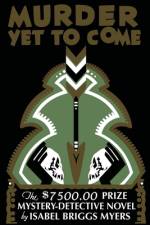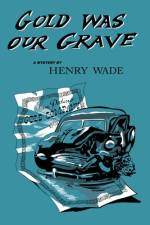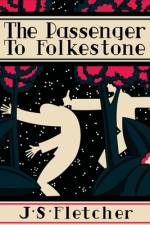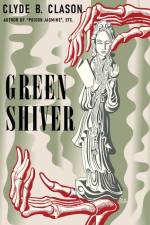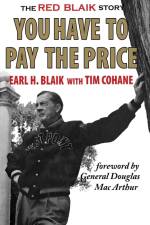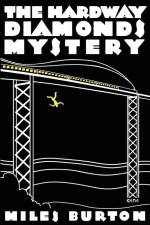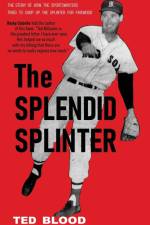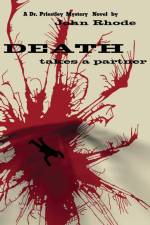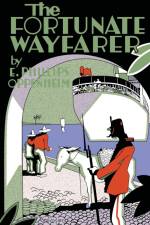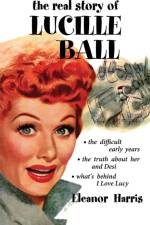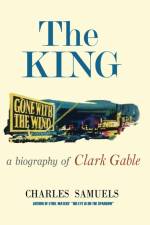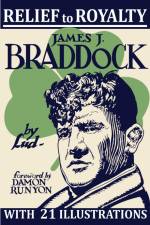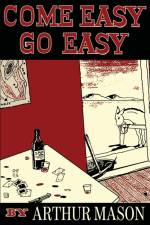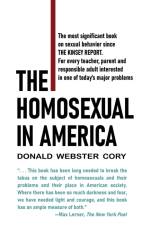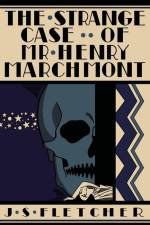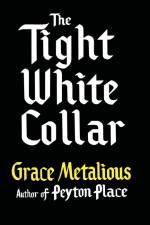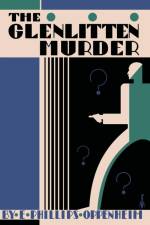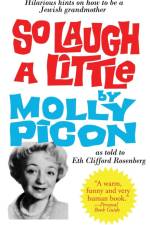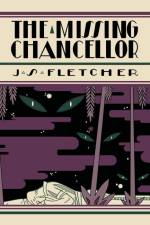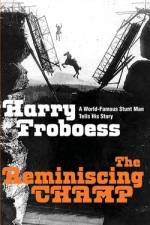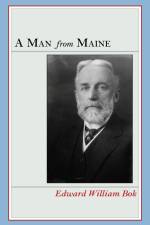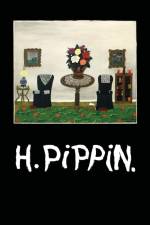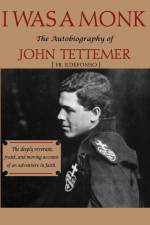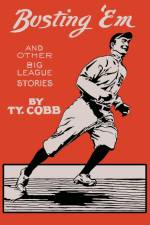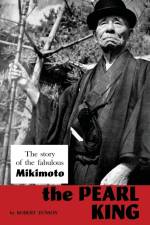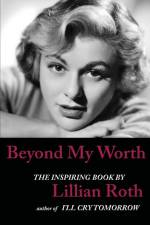av George A. Hamid
295,-
Step right up and discover the extraordinary life of George A. Hamid, a true legend of the circus world. In his memoir, aptly titled "Circus," Hamid takes readers on a remarkable journey through his captivating experiences as a circus performer, sharing an intimate and exhilarating account of a life under the big top. From his humble beginnings in Lebanon to his rise to success in the United States this is the classic "rags to riches" story of the American immigrant, George Hamid. Filled with wonderful stories of his experiences with the Buffalo Bill Wild West Show to his work on the famous "Steel Pier" of Atlantic City, this story will leave you both amazed and inspired. As a skilled acrobat, Hamid thrilled audiences with his jaw-dropping aerial feats, defying gravity with elegance and precision. But his journey extends beyond the spotlight, as he reveals the arduous training, the relentless dedication, and the camaraderie that bond circus performers together in a tight-knit family. With evocative storytelling and heartfelt reflections, he unveils the challenges and triumphs that shaped his career as a performer. Through his words, readers are transported to the colorful circus rings, the echoes of applause, and the adrenaline-fueled moments of daring acts.But amidst the triumphs, there are also personal sacrifices and moments of doubt. Hamid courageously shares the challenges he faced, the physical and emotional tolls of the circus life, and the profound impact it had on his relationships, identity, and sense of self. His candid narrative invites readers into the vulnerable spaces behind the glitter and glamour, offering a deeper understanding of the human stories that unfold behind the spectacle.Rivaled only by P.T. Barnum, George Hamid was an entrepreneur who established significant productions during the 20th century for fairs, circuses, carnivals and expositions. Also known as the 'King of the Boardwalk', he ran the famous Steel Pier and Million Dollar Pier in Atlantic City."Circus" is an extraordinary memoir that celebrates the indomitable spirit of George A. Hamid, a man who dedicated his life to the mesmerizing art of the circus. With authenticity, passion, and a touch of nostalgia, Hamid invites readers to witness the transformative power of the big top, leaving them in awe of the magic, resilience, and unbreakable bonds that define the world of the circus. Prepare to be captivated by this riveting tale that will leave you yearning for a front-row seat to the greatest show on earth.

